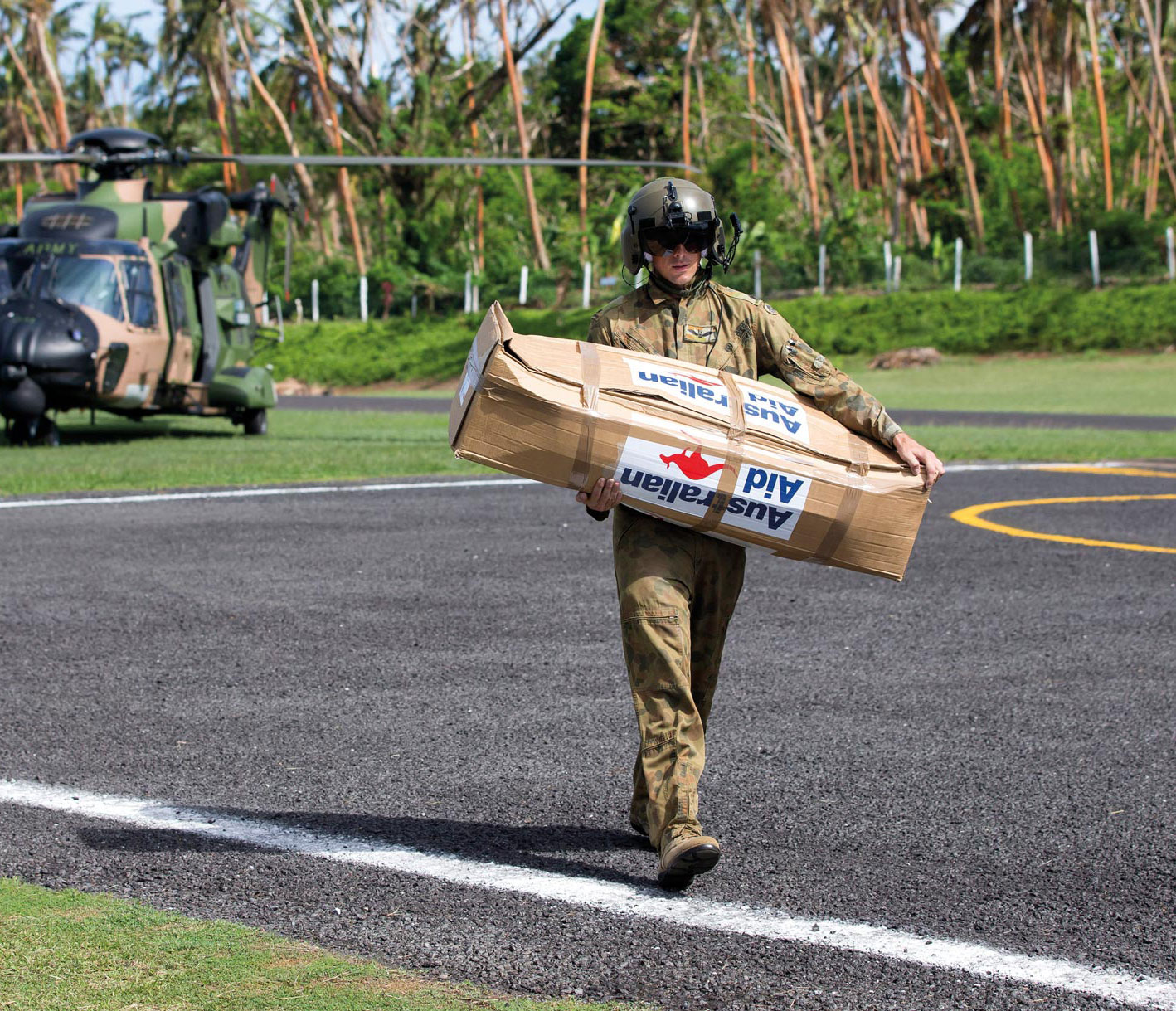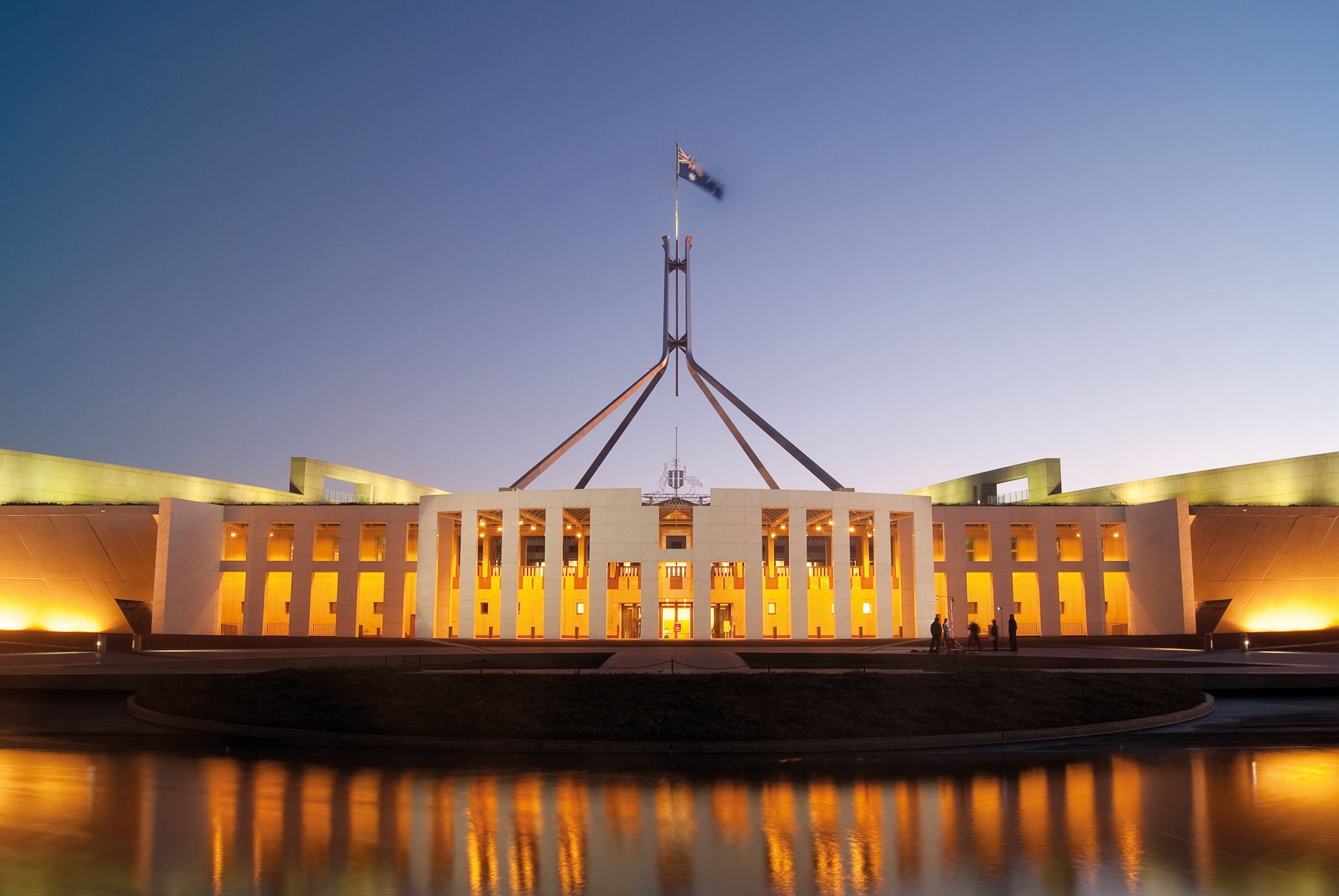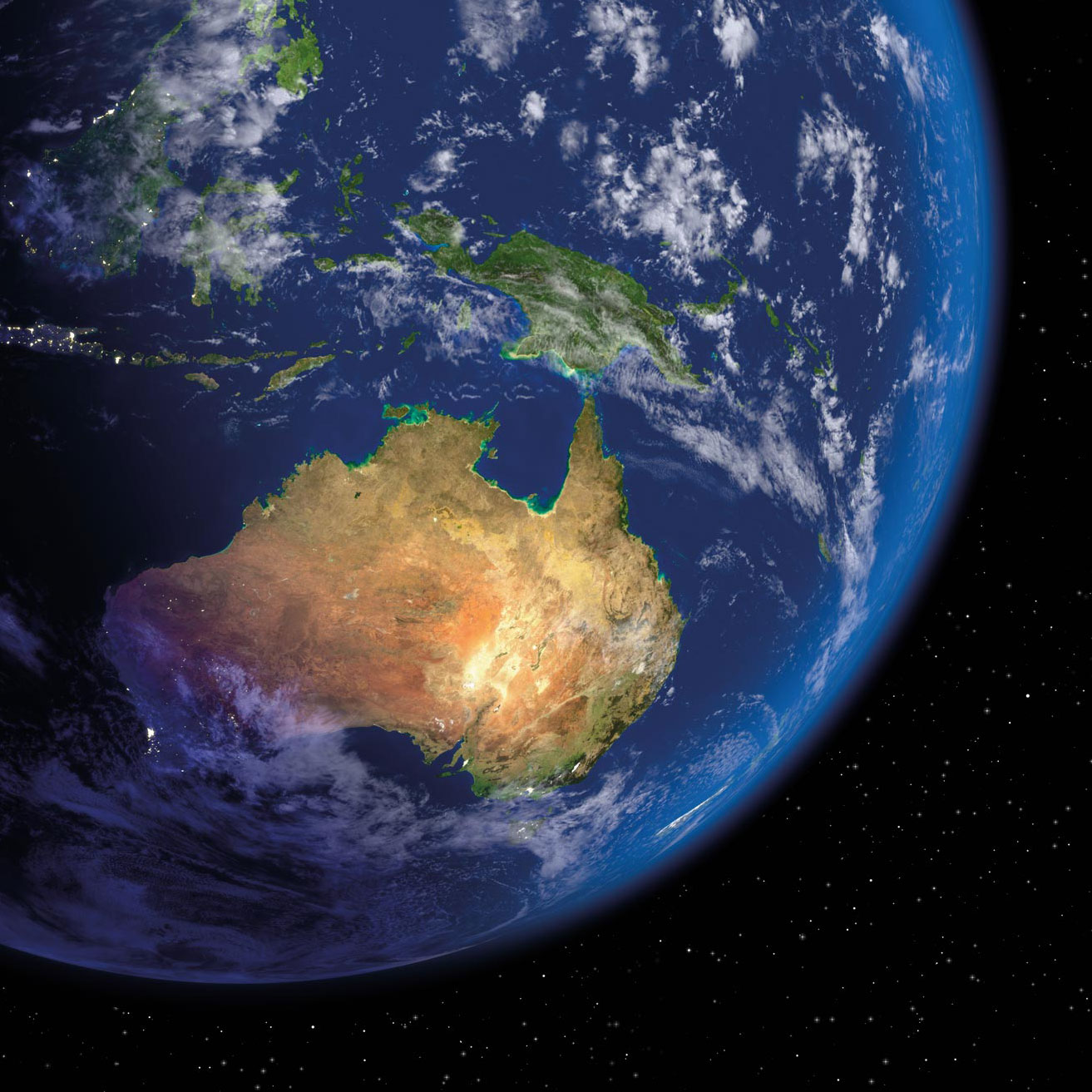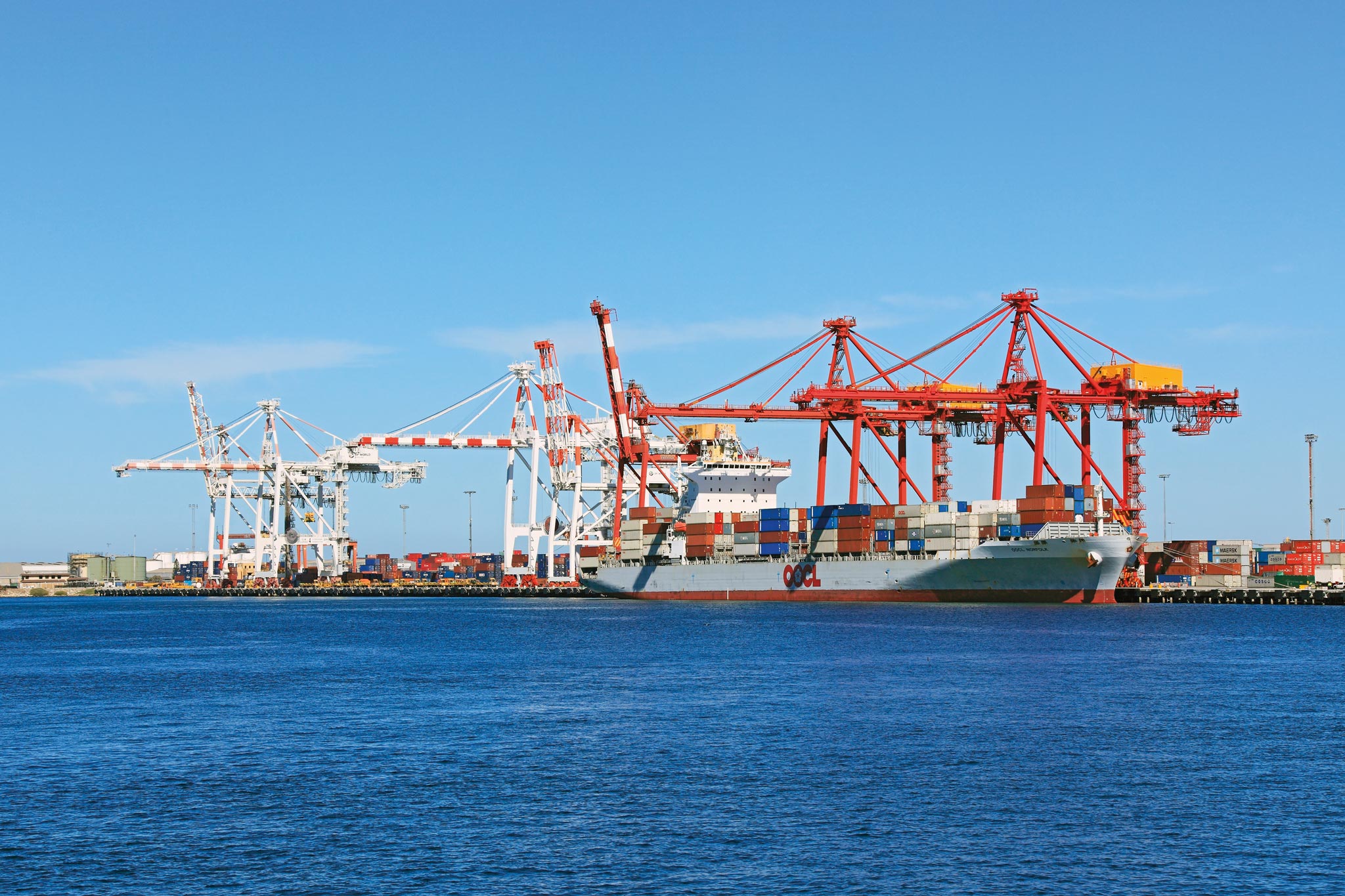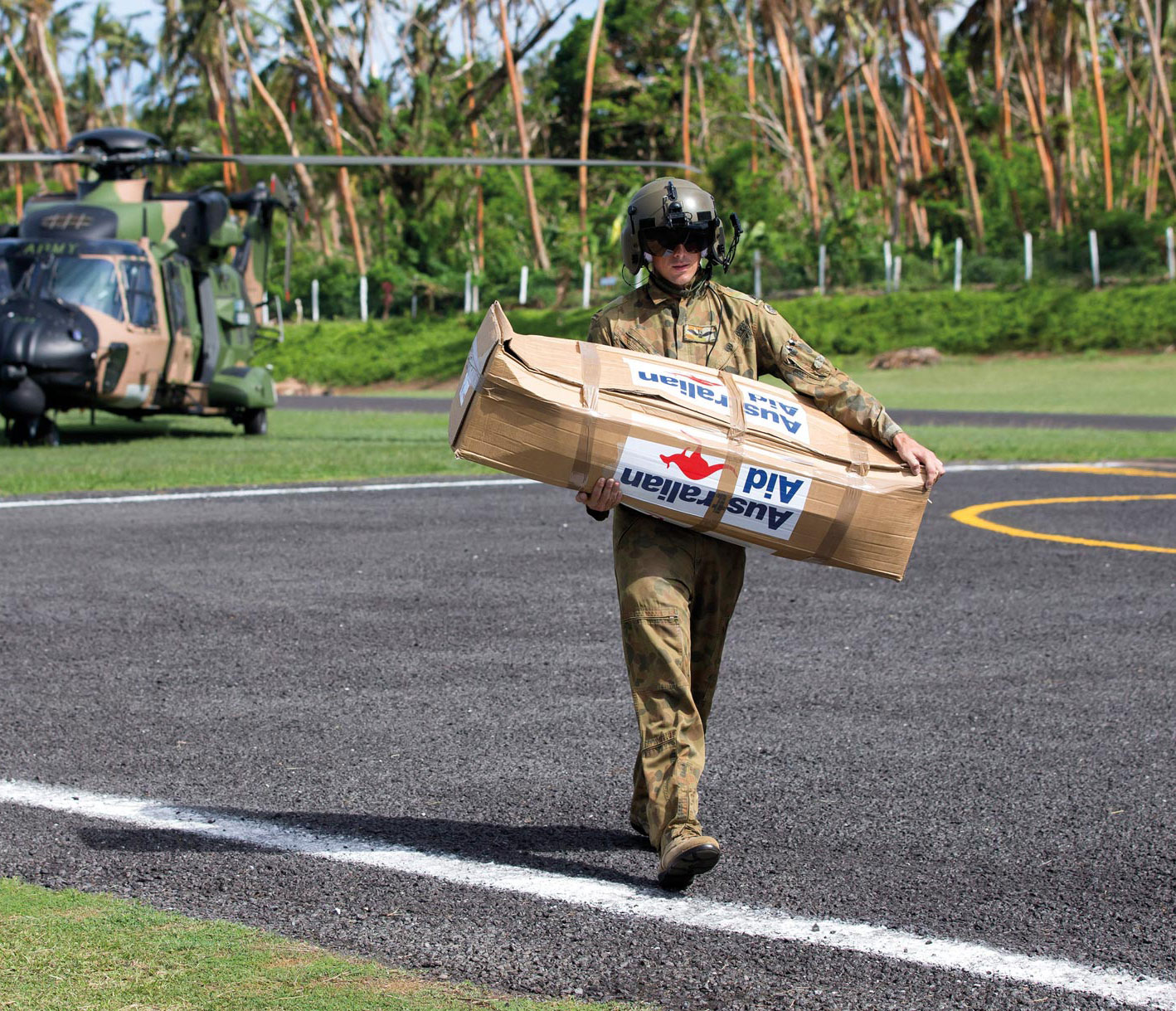One of the most significant features of the post-Second World War era was the development, underpinned by US power and global leadership, of international institutions and rules designed to help support economic growth, global security and human development.
This is a system now under significant challenge. Shifts in power between states, geopolitical competition and the political and economic effects of globalisation are testing its effectiveness and cohesion.
Australia’s interests are strongly served by acting with others to support a rules-based international order. Australia will encourage and tangibly support the leadership of the United States to this end.
Australia will also work with new and emerging powers to increase their stake in the international system. We will support, for example, well-designed proposals for new forms of global cooperation and reform of multilateral institutions.
Even in a period of uncertainty and challenge, global partnerships and international cooperation will remain important to Australia for three fundamental reasons.
First, the world’s interconnectedness makes global cooperation even more important. Many problems that directly affect our interests can only be tackled through cooperation with other states.
Second, we must help shape responses to global challenges because if we do not then others will, potentially in ways that diverge from our interests and our values.
Third, in many circumstances multilateral engagement magnifies our influence. By working with partners in coalitions and leveraging the resources and expertise of international organisations we can get more done.
The Government’s global agenda concentrates on issues where Australia has vital security, economic and other interests, and where we are most likely to achieve results.
Beyond our strong interest in open and rules-based international trade and investment (Chapter 4), Australia’s priorities in the international system include:
- shaping and protecting rules and norms
- guarding against threats to international peace and security
- protecting the international environment in a way that also allows for sustainable growth of the Australian economy
- reducing global poverty and responding to humanitarian crises
- strengthening human rights and other norms of acceptable behaviour, and
- reducing the potential for pandemics and other international health risks to harm Australians.
It is not possible to know how the pressures on the current international system will play out. Many countries are strongly invested in making institutions and global cooperation work. Not all rules are contested. It is possible to imagine, nonetheless, futures in which competition over power, influence and ideas dominate international relations.
Australia would face a difficult economic and security environment in those circumstances. Our policy choices would be harder. Our engagement with the world might become narrower and more transactional. We might have to spend more on defence and national security capabilities. These risks underline the importance of Australia’s investment in strong rules and global cooperation.
